From Cusco to Lake Titicaca - Aboard the Belmond Andean Explorer
The Belmond Andean Explorer is a luxury sleeper train that runs between Cusco and Arequipa, stopping in Puno. In true Belmond fashion the service is undeniably excellent and the food is delicious.
Couple this with the Andean landscape and interesting stops along the way, it is quite a tempting way to commute between cities.
In this guide I’ll highlight my journey on the Cusco to Puno route, The Spirit of the Lake. Plus, I’ll go over some other transportation options and answer questions like, “is it worth the hefty price tag?”.
All Aboard!
Boarding the Train
I was tired and disheveled from back-to-back days of hiking and sightseeing in the Sacred Valley. There was nothing I craved more than a luxurious train ride through the Andes. Sigh, it just sounds delightful doesn’t it?
As soon as we arrived at the train station in Cusco, our bags were taken, ticketed and sent on their way. We had a quick and painless check-in which came with complimentary juices and snacks.
While we waited to board the train, we were entertained by Peruvian dancers. So far, it was going well.
The Cabin
Once on the train we had a quick gathering in the cocktail car. All 30 passengers on board were given a glass of champagne as our maitre d' greeted us, went over our itinerary and proposed a toast. Afterwards, everyone was personally escorted to their cabin.
I mentioned there were 30 of us on board. Well, there were 34 staff members. At full capacity the train can sleep 48 guests.
The room on the train was surprisingly spacious. We had a junior double cabin (pictured above). It had a comfortable bed, with space to hang clothes and a bathroom with shower. We were gifted duffle bags among other trinkets.
The Open-Air deck
After taking a few minutes to explore I headed to the back of the train to get a spot in the open-air deck. As a photographer, this was the thing I was most excited about, I had planned to spend my whole day here.
While outside, the bartender came and asked if we wanted a drink. I asked him to surprise me and he made me a delicious cocktail, filled with pisco of course.
I can’t express how much I loved this part of the train. The fresh air, the lush vegetation, the mountains and villages, everything was so beautiful. I could have stayed there all day. I couldn’t have gotten these views from a plane or on the road, inside a car or bus.
Lunchtime on the Train
We kept following the Urubamba River. Then after about an hour we were ushered into the dining car for our first meal, lunch.
I knew it would be good because I peeked into the kitchen and saw the team hard at work.
The food was light yet filling.
I chose the vegetable and fish option which was delicious.
It was exactly what I wanted because at this altitude, I had sadly lost my appetite.
First Stop - Raqch’i
After lunch, we got ready for our first stop, Raqch'i.
These Inca ruins were thought to have been a check point for people coming in and out of Cusco. There were houses, storage facilities and areas which could have been bathrooms.
The most impressive part was the large remaining wall which would have acted as the central support for the main building, the Temple of Wiracocha. The wall showcased typical Inca stonework at the base and adobe for the remainder of the structure.
We were taken on a tour through the ruins, which lasted about 45 minutes. After we finished our tour, we had a few minutes to ourselves to roam around the market before leaving.
We watched some artists at work, played with a puppy and said hi to some adorable kiddos. This is when I first noticed the looming, dark storm clouds. And we were headed in that direction.
The Storm is Coming
Back on board there was a chill in the air and the winds started to pick up. I headed back to my usual spot at the rear of the train and watched as clouds started to envelop the surrounding landscape.
Then, the rain started.
Just before dark, we arrived at our second stop. It was a small church, with a market. This is where we were supposed to disembark to watch a beautiful sunset over La Raya Mountain.
But the plans changed because so did the weather. We had gone from rain to snow and I’m not talking small flakes, I’m talking blizzard.
The Belmond team was quick to adjust. They started handing out ponchos for those of us who wanted to brave the weather and disembark, only a fraction of us did. Visibility was nada, I couldn’t see the mountains, let alone the setting sun.
Regardless, the photographer in me had an absolute blast!
I figured since we were in the Andes it made sense for there to be snow. But we quickly found out from the staff that it was very uncommon. So uncommon that most of the staff put on ponchos and got off themselves for selfies in the snow. I loved watching them get so excited.
This was one of those moments when things don’t go according to plan, but you make the best of it anyways.
Once we were back on the train I ran to my favourite outdoor car which was now wet and empty. I took one last shot then put my camera away.
I spent the rest of the evening playing cards with friends, enjoying a steak dinner, having a few more cocktails then heading to bed. I fell asleep once the train finished jerking its way into the Puno train station.
The next morning we would get off to explore Lake Titicaca.
FAQ About the Belmond Andean Explorer
the Belmond Andean Explorer Schedule
The train runs for long durations, so it can be complicated to schedule it into your itinerary since it departs once a week from each location.
From Cusco (to Puno/Arequipa) the train departs every Thursday, while from Arequipa (to Puno/Cusco) it’s every Saturday and from Puno to Cusco it’s every Wednesday. This is the two-week itinerary I followed that worked for the train schedule.
Is There a Dress Code?
The Belmond requests that everyone be dressed smart casual.
While on board I saw people wearing jeans and others who got dressed in full evening attire for dinner. I would say, somewhere in between is good.
For men, black pants, chinos and a button-up shirt or sweater. For women, the same or skirts and dresses work too. There is no need for a full suit or gown.
Where does my Luggage Go?
Because the rooms are small, the staff stores large luggage in the storage unit, which isn’t accessible during the journey. I made a special request to keep our bags in the room and because they were backpacks, this was fine.
The Cost for a cabin
For the full route (Cusco to Arequipa) we’re talking big money. Cabins range around $3,000-$4,000USD. For the Cusco to Puno route, the smallest cabins are around $1,000USD while the cabins for two people are around $1,600USD.
Know that this cost will cover drinks, meals and the activities in the schedule.
For an accurate quote you’ll have to plug in your travel dates and people per room on the official website.
HOW WAS THE SLEEP?
I’m a light sleeper and did have trouble falling asleep initially because we were entering Puno station and there was a lot of jerking motions and noise. With that being said, once we stopped moving (around midnight), I slept like a baby.
OK, So is it worth it?
Always a tough question, because everyone’s budget differs as does their classification for what they consider to be luxury.
While I loved being on board the train, and taking in the views I do wish the ride was longer. By the time we boarded in Cusco it was already noon, then with the meals and stops I didn’t really have much down time to relax and enjoy the landscapes pass me by.
The food was great and I enjoyed the service but there’s no denying the price tag is a hefty one.
For a cheaper option PeruRail runs a train (PeruRail Titicaca) between Cusco and Puno. It’s not a sleeper train but it will give you similar views and dining experiences. It runs more frequently, however not everything is complimentary and it doesn’t stop at the same places.
COMPARE TRAINS and Costs
To get an idea of the different trains that not only run between Cusco to Puno but Arequipa and Machu Picchu as well, you can compare them all here.
Getting from Cusco to Lake Titicaca by Bus, plane or car
While this wasn’t part of my experience it is possible to get from Cusco to Lake Titicaca by other means.
By Bus
Duration: Roughly 6.5 Hours
Cost: Cruz del Sur is roughly $20-$25USD
Similar to the trains, there are several bus options. There are local buses and tour buses. Peru Hop is the most popular tour bus. I looked into it and decided against it because they sell packaged itineraries and I didn’t want to be bound to their stops and activities. With that being said, it might be perfect for your needs.
The local buses get mixed reviews online. There are sometimes safety concerns relating to hijacking. Those are more common on night routes that go through the Andes, where there is likely to be signal blackouts. Cruz del Sur has a good online reputation. I used them to go from Lima to Ica and it was a fantastic experience. The coach had spacious seats, good toilet facilities and basic food was served on board. It will also be cheaper and more flexible than tour buses.
By Plane
Duration: 1 Hour flight + 1 Hour drive
Cost: Roughly $70-$80USD
There aren’t many daily flights that go directly between Cusco and Puno (Inca Manco Capac International Airport - JUL). In addition the flights go to the city of Juliaca, which is roughly an hour away from Puno, so you’ll have to get a driver to reach the Lake. If you add up all the travel time, you will likely be saving only a few hours.
By Car
Duration: Roughly 7 Hours
Cost: Roughly $100USD
There are many private drivers that can be found online. I personally use my hotels to book drivers. Having done both Cruz del Sur and private transport for long journeys, I enjoyed Cruz del Sur more. Simply because there are toilet facilities on board and the seats were bigger and reclined. Private drivers can be beneficial if you’re wanting to stop at certain places along the way, just expect to pay more for those services.
Need Help Planning?
If you need help planning your trip to Peru, shoot me a message.

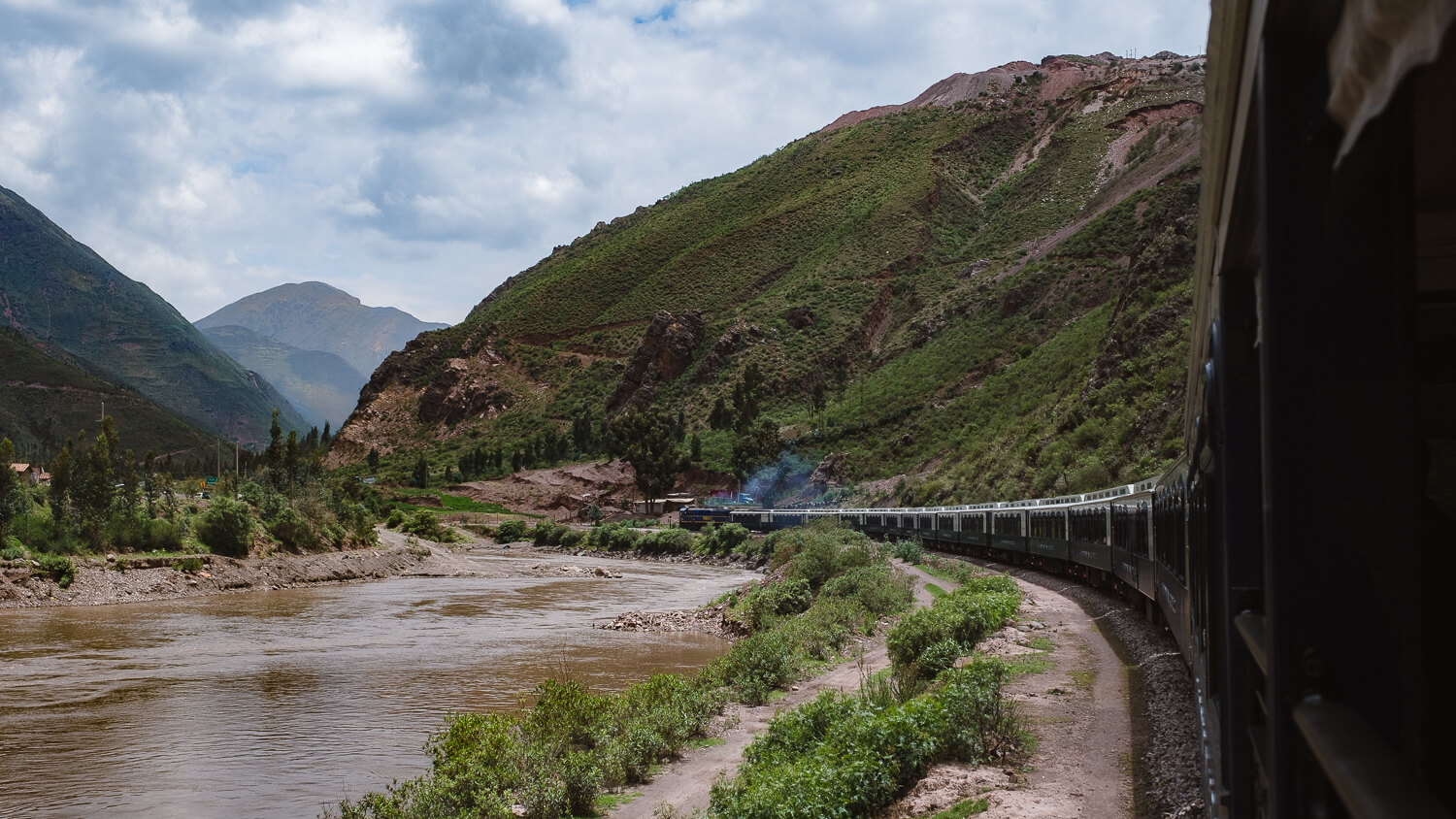








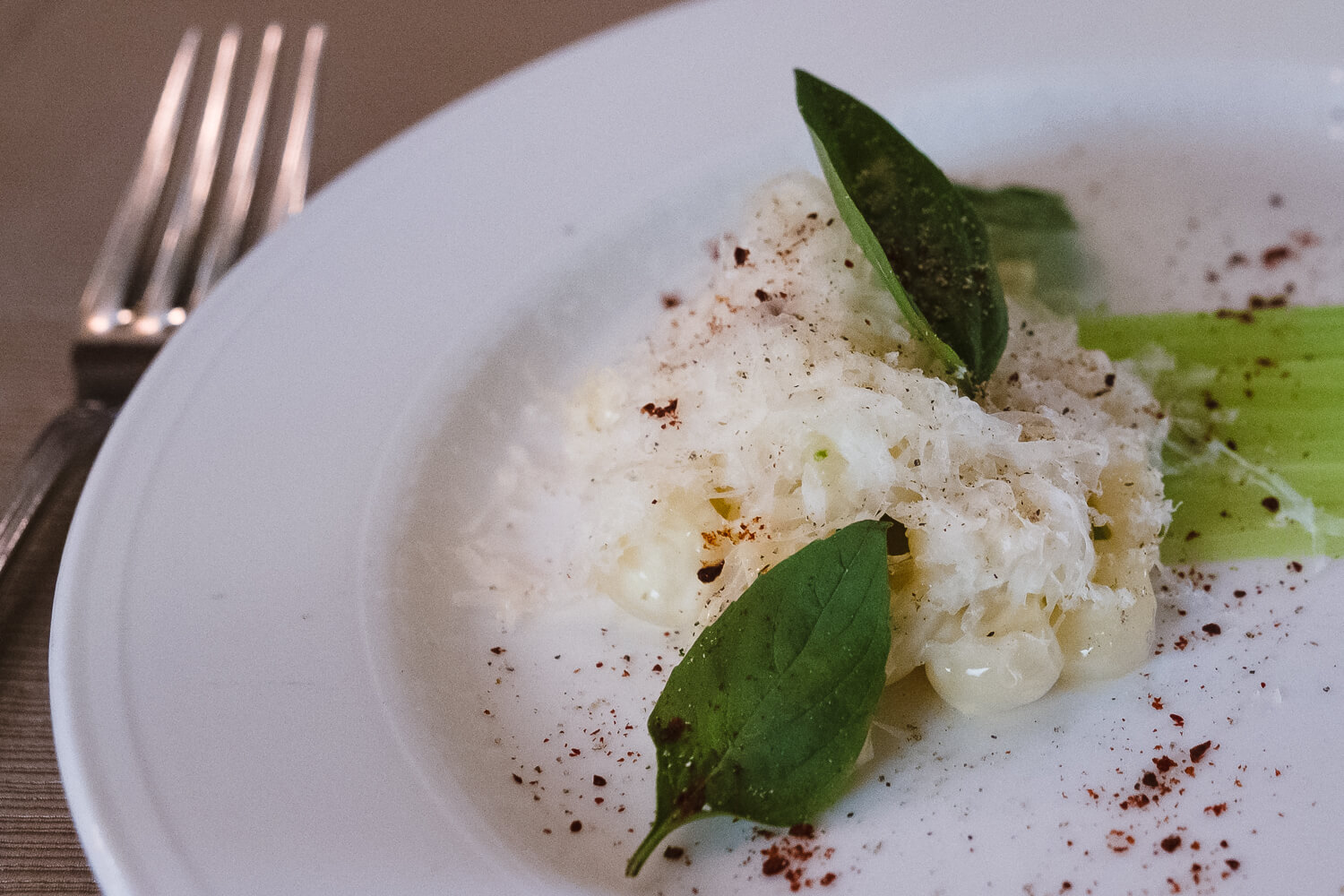
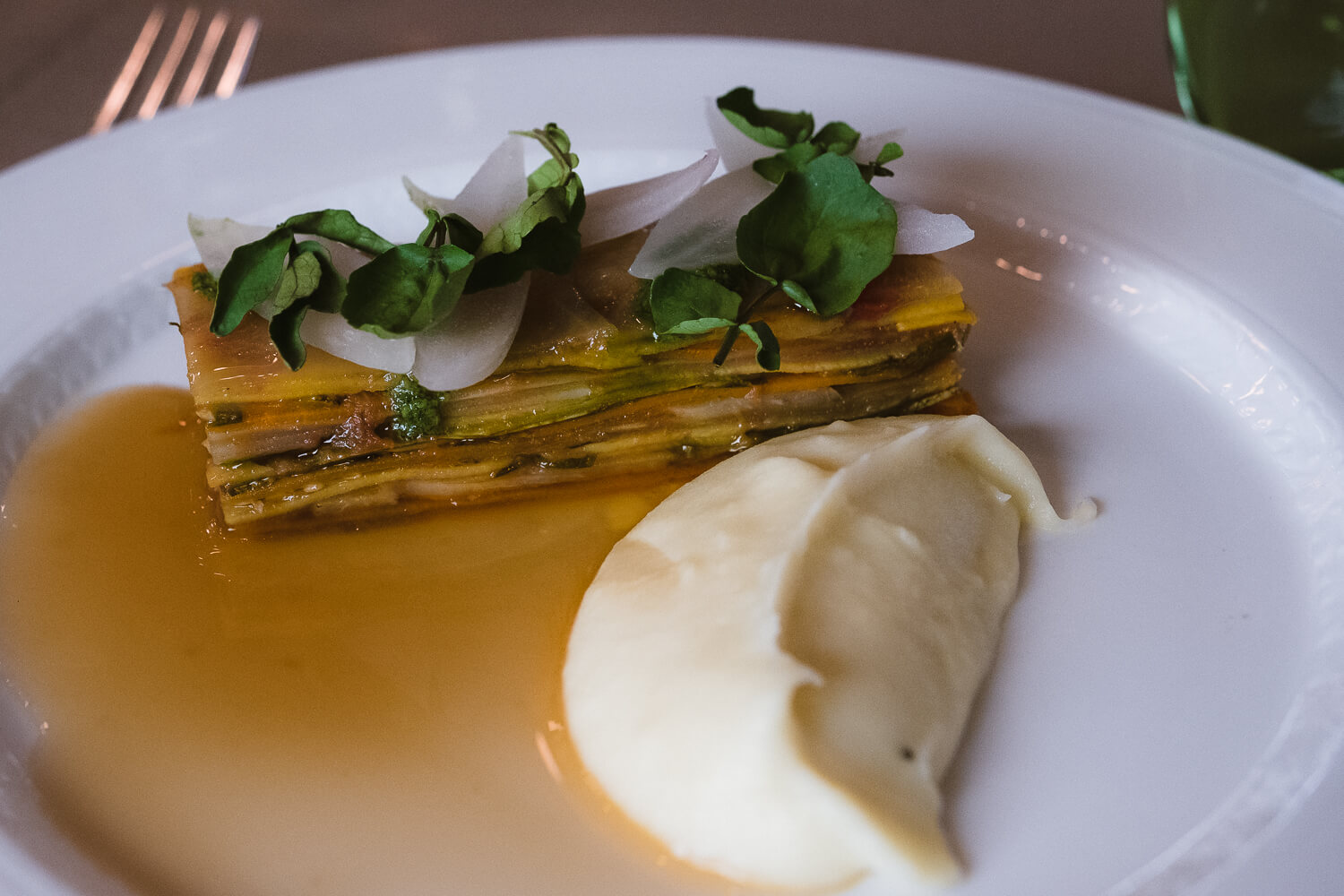
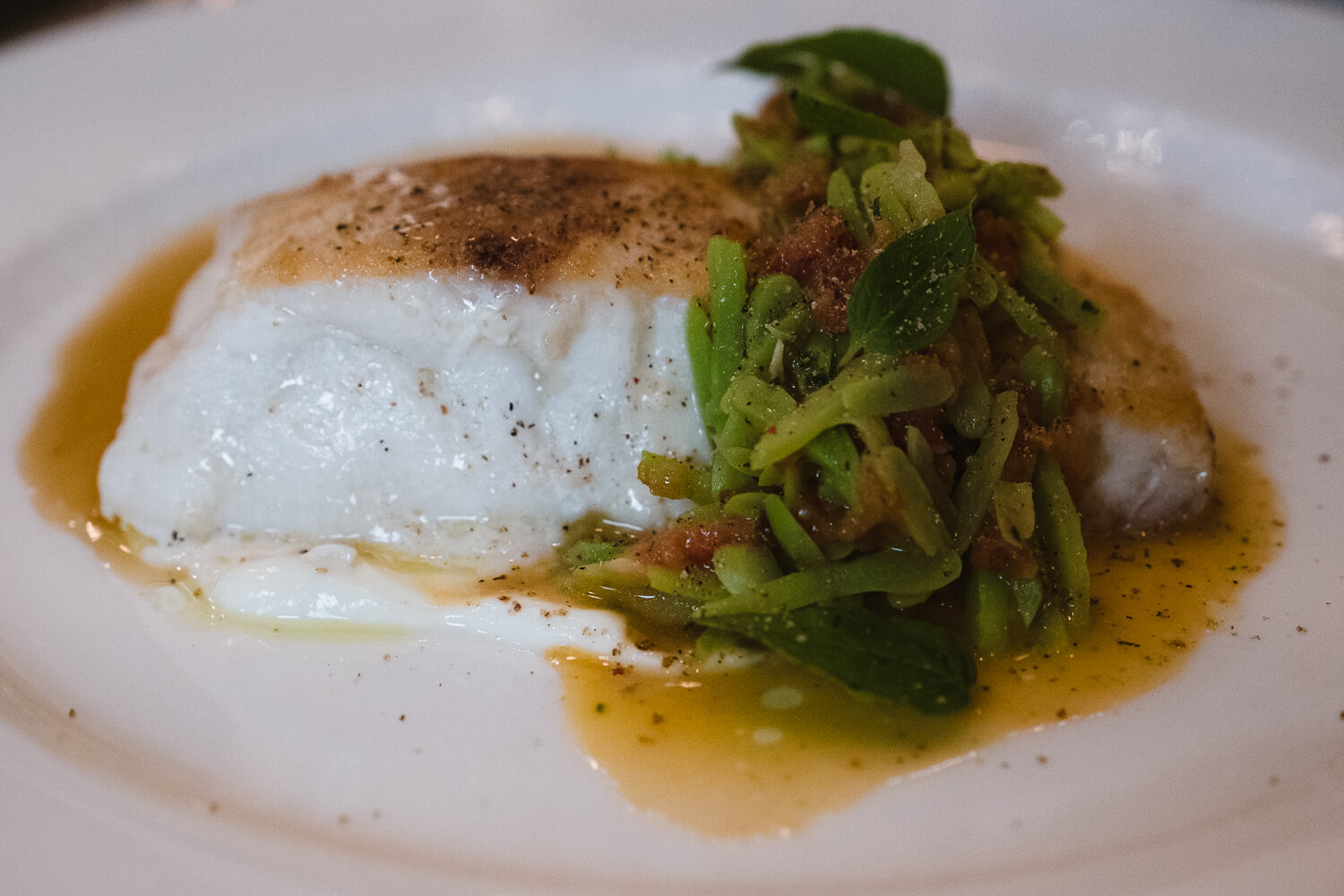
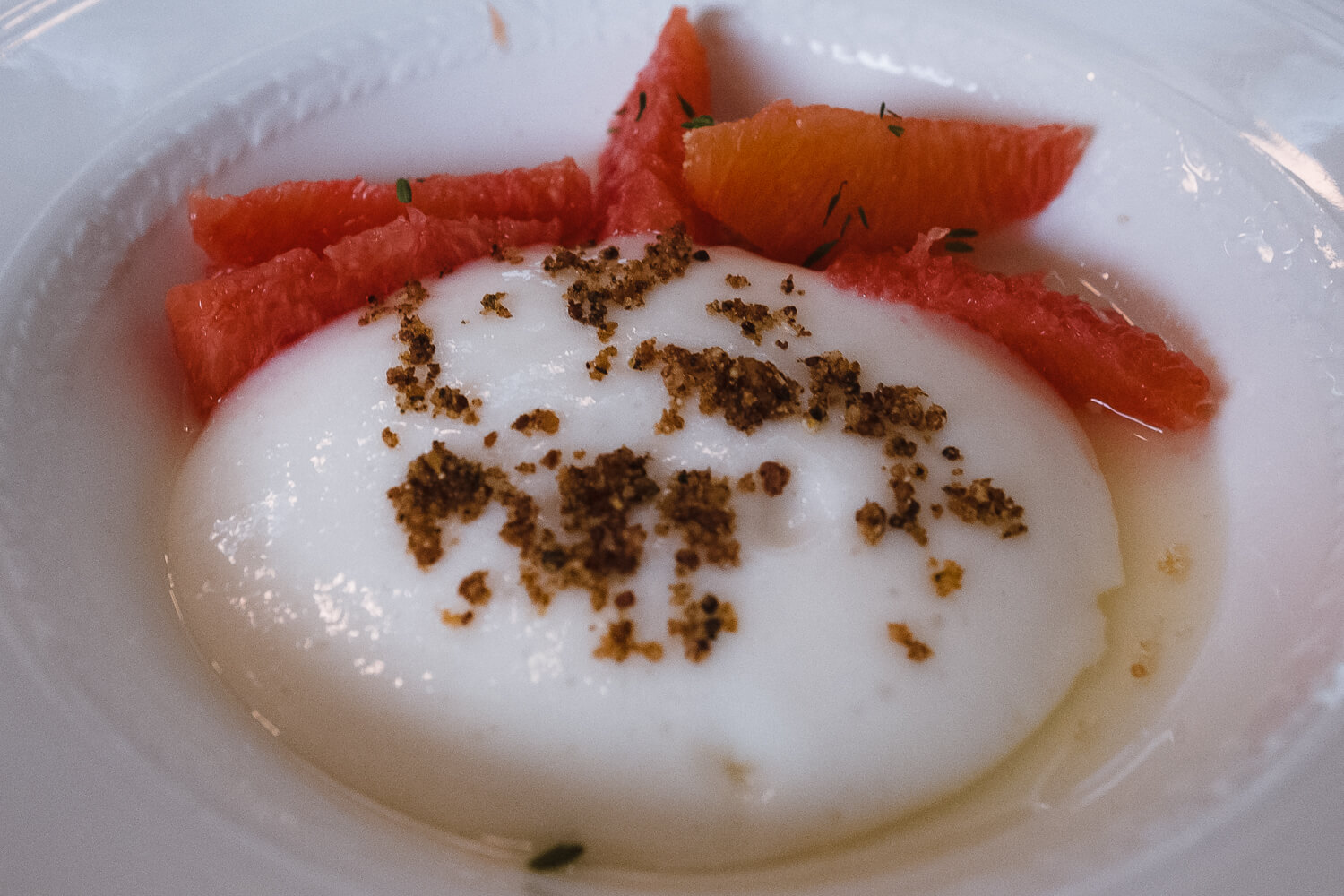

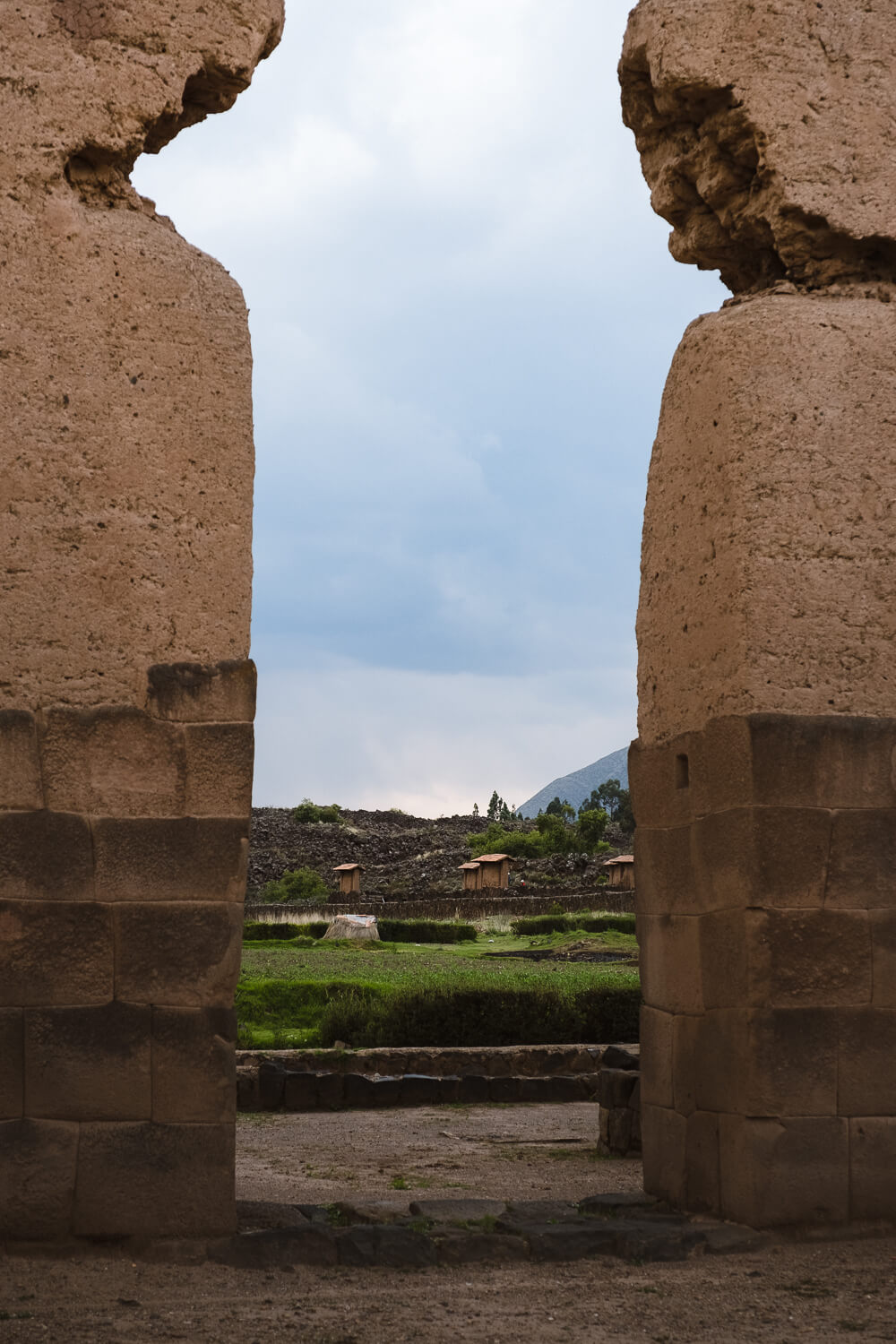
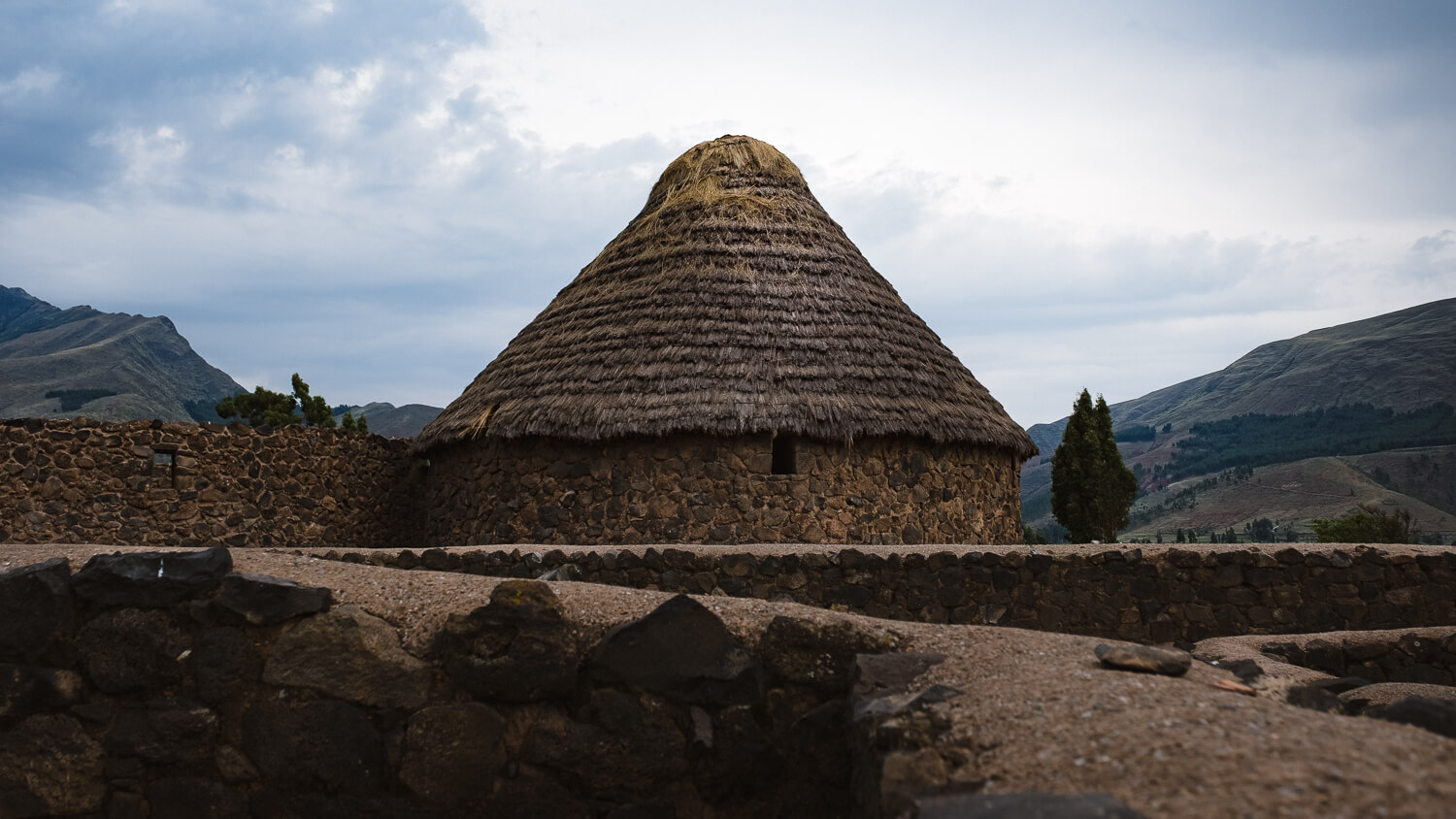
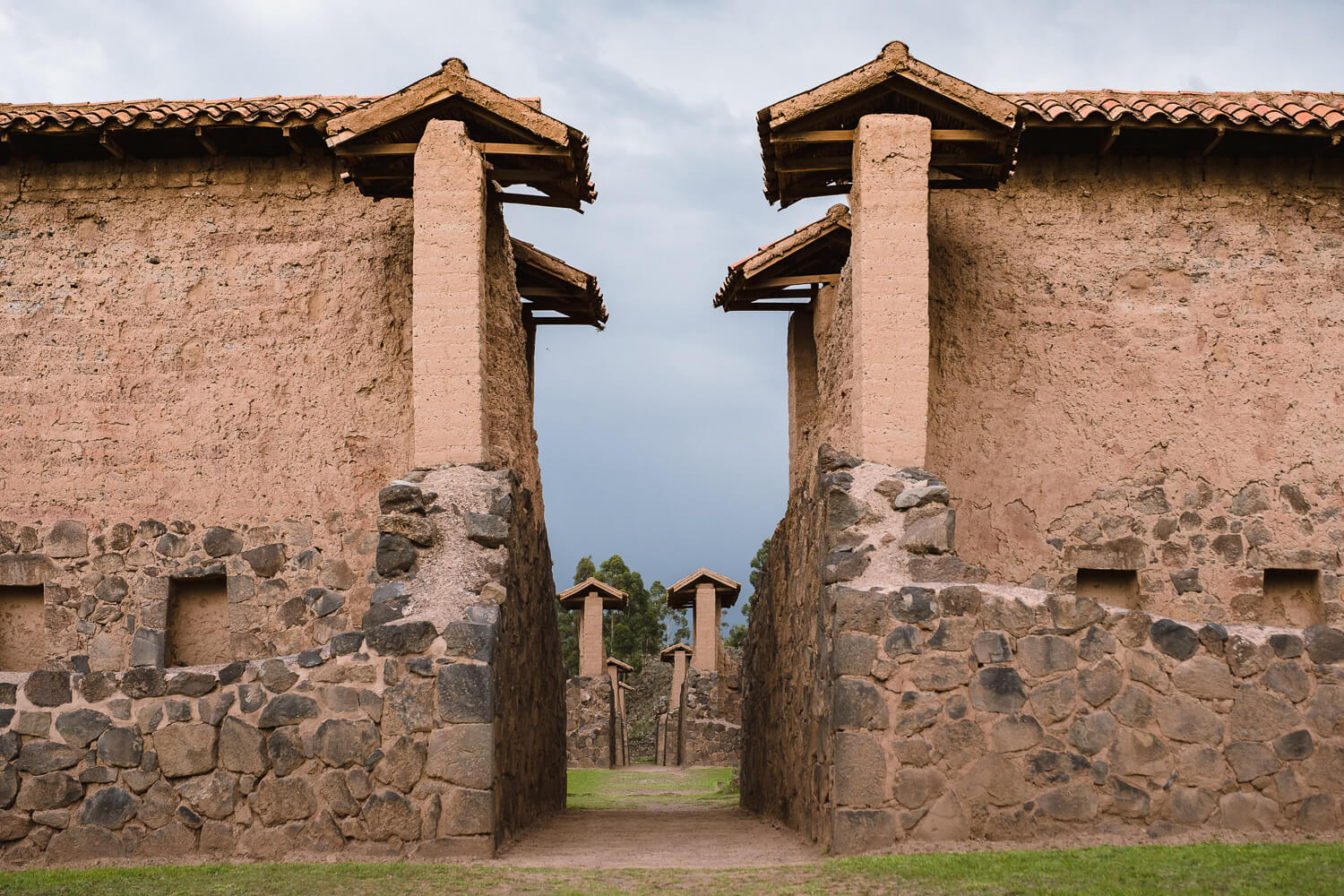
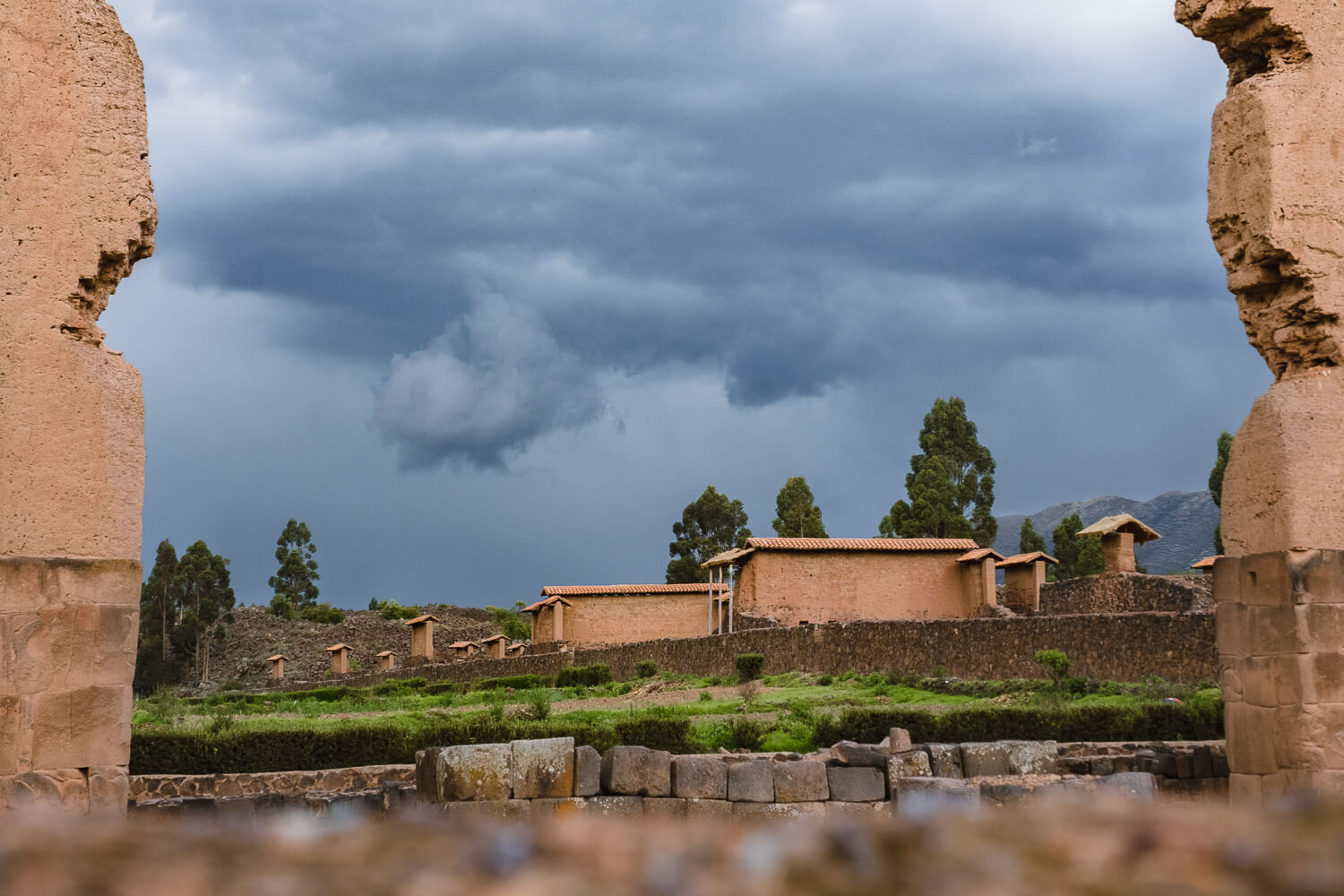





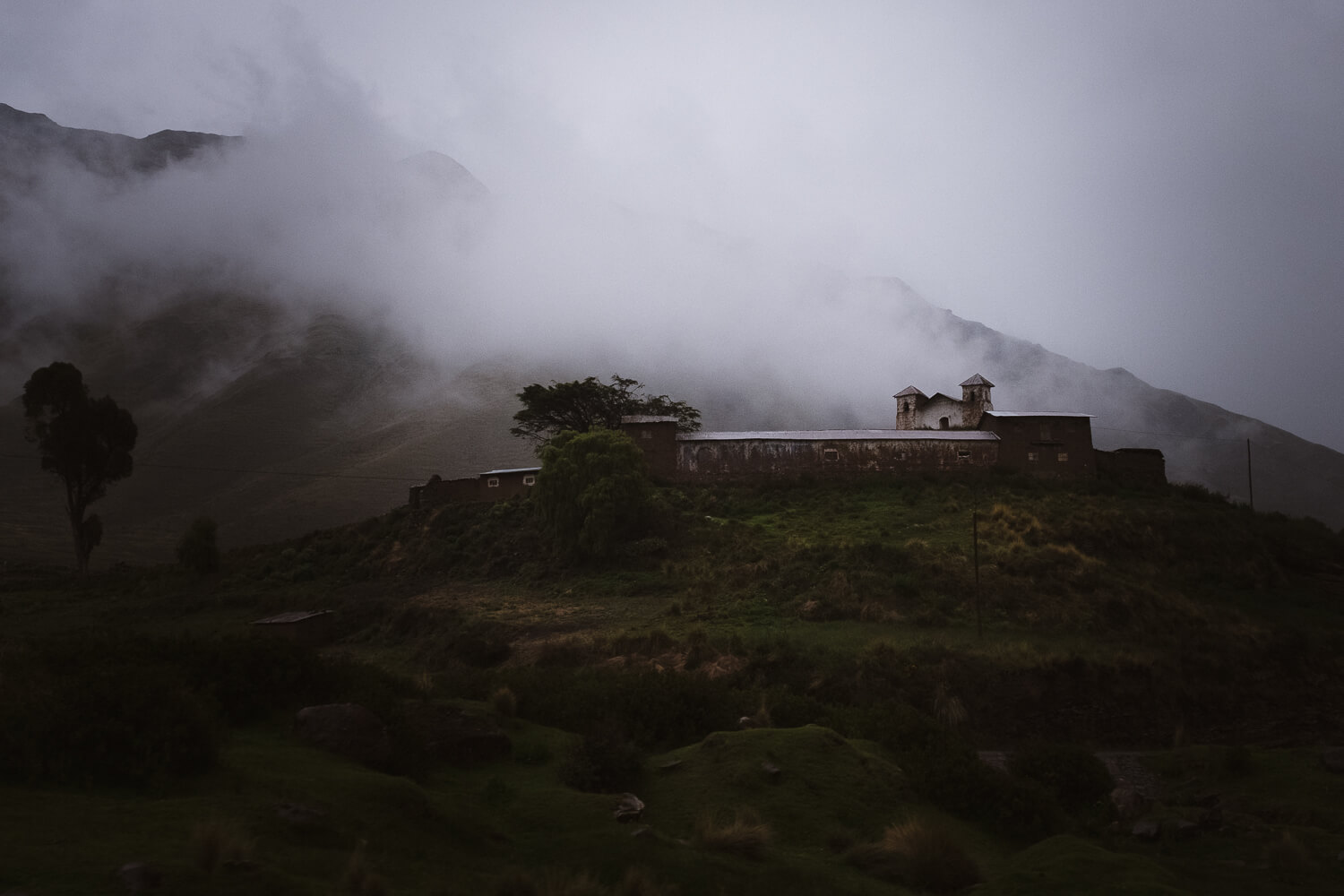
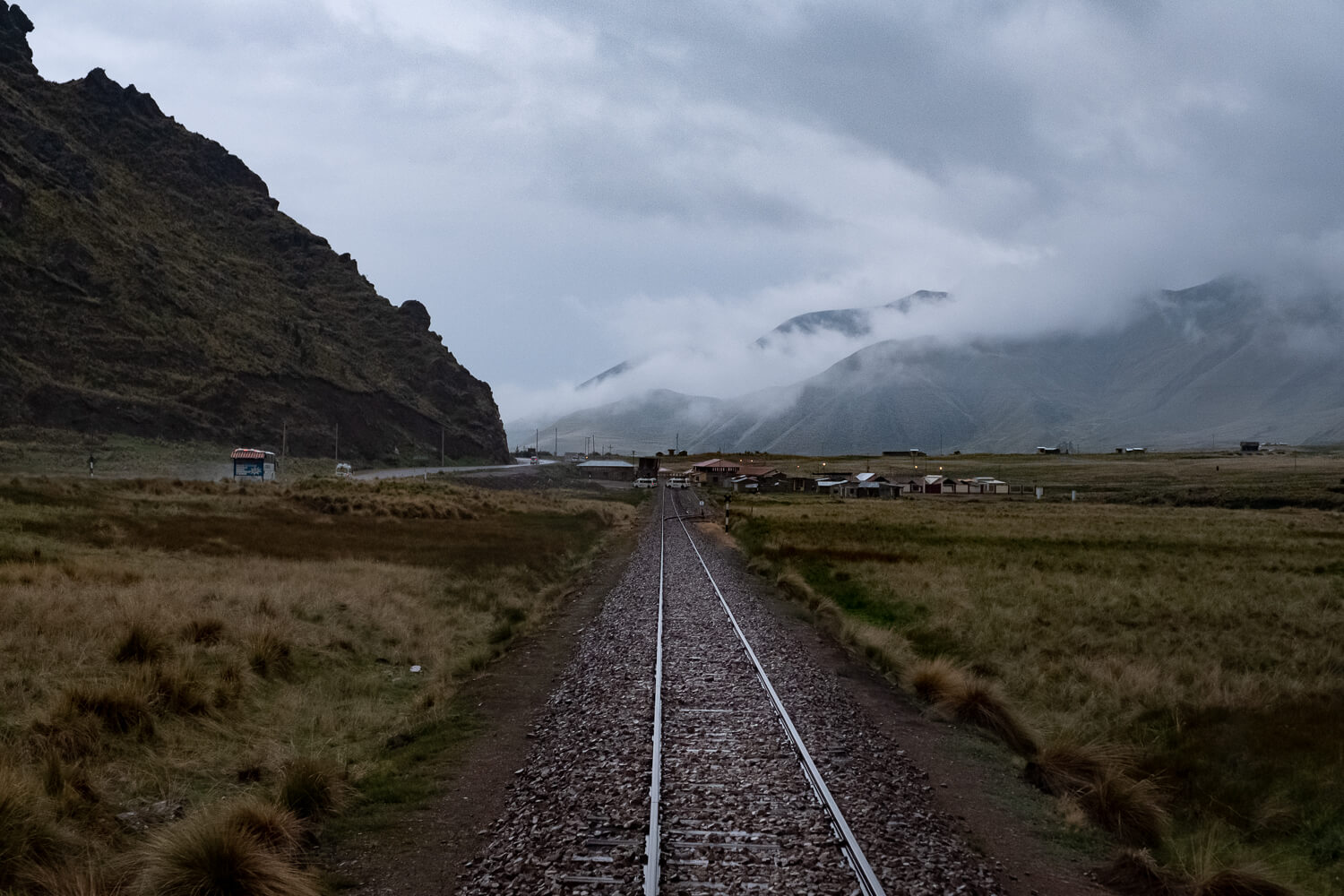




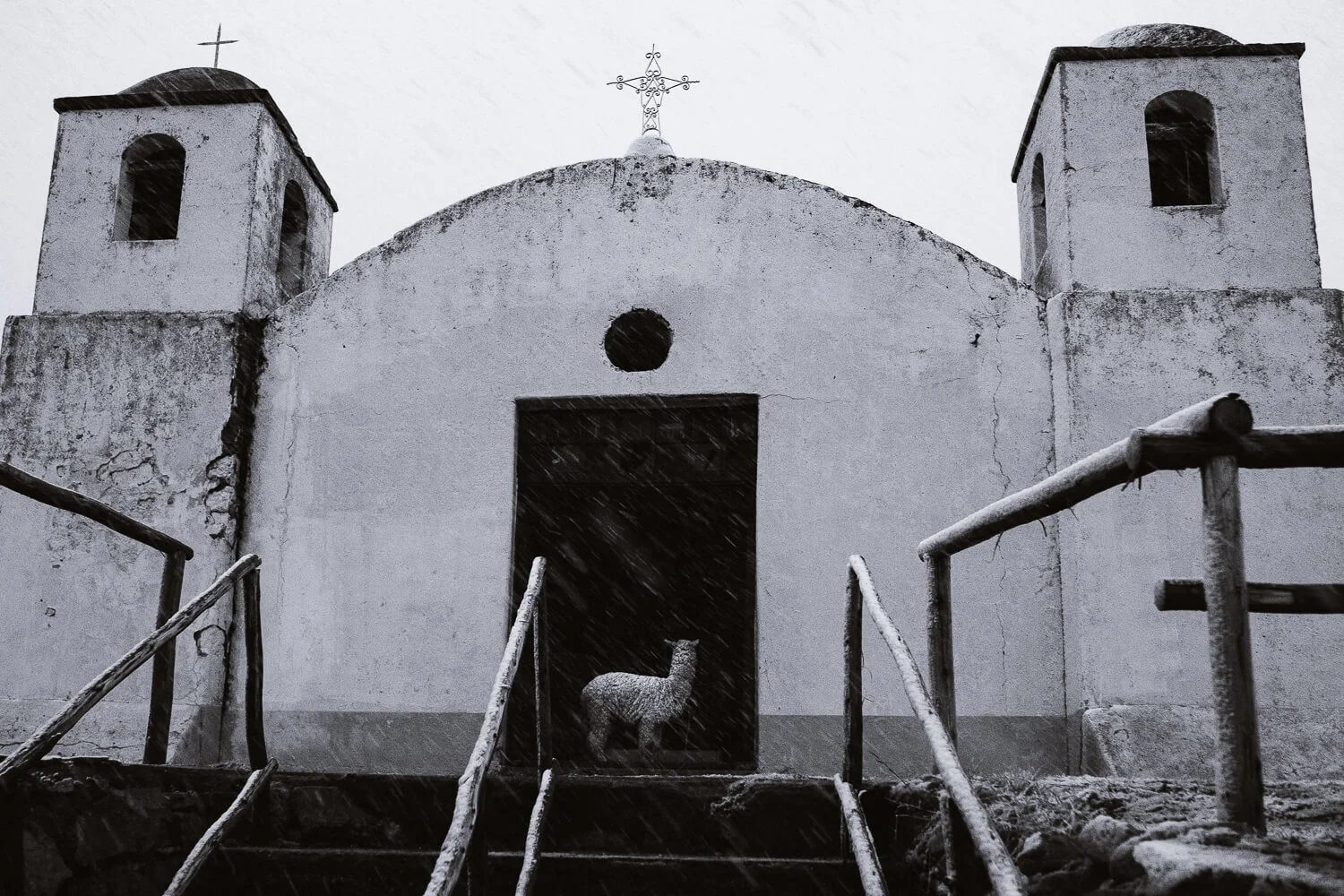

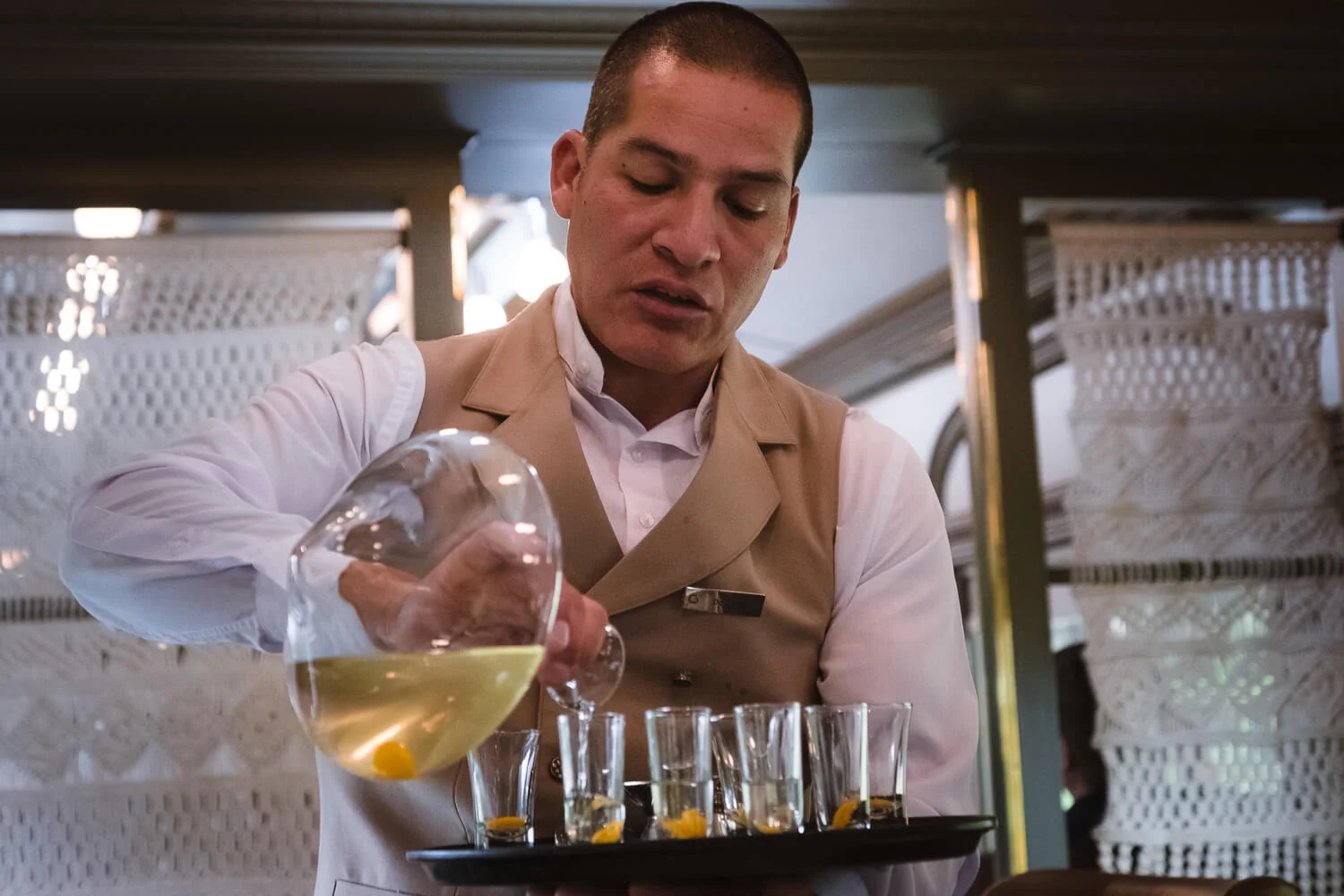


















An honest recap of my experience with the Lake Titicaca tours, with an overnight on Amantani Island. I’ll give tips and detail on what to expect for the Amantani homestay.